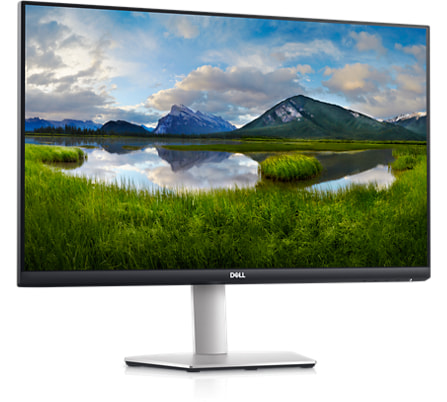Pixelmator Pro is out with version 3.2. It adds video editing capabilities, integration with Apple Motion, and more! Very, very cool!
Now is the time to buy this great piece of software if you haven't already for a mere $19.99 (50% off.) Current users like me get to update for free!
Pixelmator Pro 3.2
Released on December 6, 2022
Pixelmator Pro 3.2 introduces some incredible new ways to create designs with full support for video layers, adds support for popular video formats, includes all-new video and social media templates, brings major improvements to Motion document support, and more.
New Features
With full support for video layers, you can now edit videos and create stunning video designs with all the same tools you use to edit images.
Use the new on-canvas controls to easily control video playback, set video start and end frames, select poster frames, and more.
Work with a number of popular video formats, including MP4, QuickTime Movie, and even moving image formats such as animated GIFs and PNGs.
Quickly create eye-catching designs with cinematic social media story templates and 4K movie title templates.
![]()
Video Layers Support
Video layers in Pixelmator Pro work just like any other layers — you can mask or crop them, add effects, change colors, and more.
Find useful information about video length in the video layer description.
Work with videos with transparency, compressed using HEVC or Apple ProRes 4444 codecs.
Import Live Photos from the Photos browser and edit them as photos or videos.
Use quick video editing settings in the video layer shortcut menu, and the menu bar, or use handy, on-canvas controls.
Easily start and stop video playback, mute, and unmute audio.
You can also press the Space bar on your keyboard to play all layers, or Option + Space to play only the selected layers.
With additional video editing settings, adjust the length of the video, scrub through individual frames, or select a poster frame.
For compositions with multiple video layers, use Advanced Settings to delay, loop videos, or choose the behavior of the first and last video frames.
Use playback delay to specify when each of the videos in a composition will start to play.
Keep your videos playing on repeat with Loop or Bounce effects.
Enjoy top video playback performance and a smooth, real-time video editing experience, powered by AVFoundation.
On devices with Apple silicon, harness the power of M1 and M2 chips to edit and export videos of up to 8K resolution.
Optimize videos for export with options for adjusting video size, quality, and frame rate.
When exporting to QuickTime Movie format, make the most of additional video compression formats, including HEVC and Apple ProRes.
Enjoy automatic video color management thanks to ColorSync integration.
Use Quick Export to quickly export videos to MP4 file format.
Export original, unedited videos from Pixelmator Pro by choosing Format > Video > Export Unmodified Video.
Automate video import, editing, and export with AppleScript and Shortcuts apps.
![]()
Motion Support Improvements
Enjoy support for video layers and many other improvements when exporting to Motion.
Motion projects will now keep the custom fonts included in Pixelmator Pro documents.
Basic vector clipping masks are now supported.
Color adjustments and effects layers are now supported.
Grain, Vignette, Black and White, and Gradient Map adjustments and effects will now be replaced with equivalent filters in Motion.
RAW layers will now open as bitmap layers in Motion.
To emulate nondestructive gradient and color fills from Pixelmator Pro, shapes will be used in Motion instead.
Fill and Gradient Fill styles now open as Fill filters in Motion.
Positioning of layers with complex transforms has been improved.
Other Improvements and Fixes
You can now show or hide layer handles by choosing View > Layer and Selection Handles from the View menu.
Arabic texts would sometimes be displayed incorrectly. Fixed.
In some situations, Pixelmator Pro would stop responding when upscaling images using Super Resolution. Fixed.




















